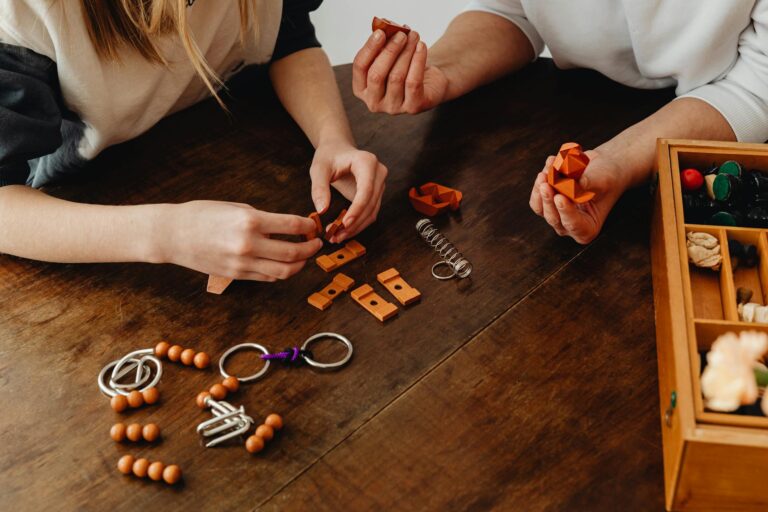Alzheimer’s disease is a progressive brain disorder that affects an individual’s memory, thinking, and behavior. It is the most common form of dementia, and it can be a challenging and emotional journey for both the person with Alzheimer’s and their loved ones. One of the difficulties faced by those with Alzheimer’s is the inability to perform simple tasks, such as pouring a drink. As a caregiver or family member, it can be frustrating to see your loved one struggle with such a basic task. However, there are ways to help a person with Alzheimer’s pour a drink in a safe and comfortable manner.
Understand their condition
Firstly, it is essential to understand that individuals with Alzheimer’s have difficulty with memory and problem-solving skills. This can make simple tasks like pouring a drink seem overwhelming and confusing. Their motor skills may also be affected, making it challenging to handle objects and perform certain movements. It is crucial to be patient and understanding while assisting them with pouring a drink.
Create a safe environment
Before attempting to pour a drink, ensure that the environment is safe and free from any potential hazards. Remove any clutter or unnecessary objects from the area and make sure the surface is stable and non-slippery. It may also be helpful to use non-breakable cups or glasses to prevent accidents. Additionally, keep all liquids away from the edge of the counter or table to avoid spills.
Provide clear instructions
When assisting a person with Alzheimer’s, it is essential to provide clear and simple instructions. Use short phrases and avoid complicated words or questions. For example, instead of asking “Do you want juice or water?” ask “Which one would you like, juice or water?” This allows the person to focus on one option at a time, making it easier for them to make a decision.
Break down the task
Pouring a drink can consist of several steps that someone with Alzheimer’s may struggle with. Breaking down the task into smaller, more manageable steps can make it less overwhelming. For example, you can start by placing a cup or glass in front of them and ask them to hold it. Then, guide their hand to the pitcher or bottle and help them pour the liquid. Once they have poured enough, assist them in putting the container down and congratulate them on a job well done.
Use visual aids
Visual aids can be beneficial for individuals with Alzheimer’s as they often rely on visual cues to understand and remember things. Use pictures or diagrams to demonstrate the steps involved in pouring a drink. You can also use color-coded cups or glasses to help them differentiate between different types of drinks.
Encourage independence
While it is essential to assist and guide a person with Alzheimer’s in pouring a drink, it is also crucial to encourage their independence. Allow them to perform as much of the task as they can on their own and only provide assistance when needed. This can help maintain their sense of dignity and self-esteem.
Be patient and supportive
Finally, it is vital to be patient and supportive while helping a person with Alzheimer’s pour a drink. It may take them longer to complete the task, or they may make mistakes along the way. It is crucial to remain calm and offer words of encouragement throughout the process. Remember that the person is doing their best, and your support can make all the difference.
In conclusion, caring for someone with Alzheimer’s can be challenging, but with patience, understanding, and proper techniques, you can help them perform simple tasks like pouring a drink. By creating a safe environment, providing clear instructions, breaking down the task, using visual aids, encouraging independence, and being patient and supportive, you can make the experience more comfortable and enjoyable for both you and your loved one. Remember to also take care of yourself and seek support from healthcare professionals if needed. Together, we can make the journey of living with Alzheimer’s a little easier.





